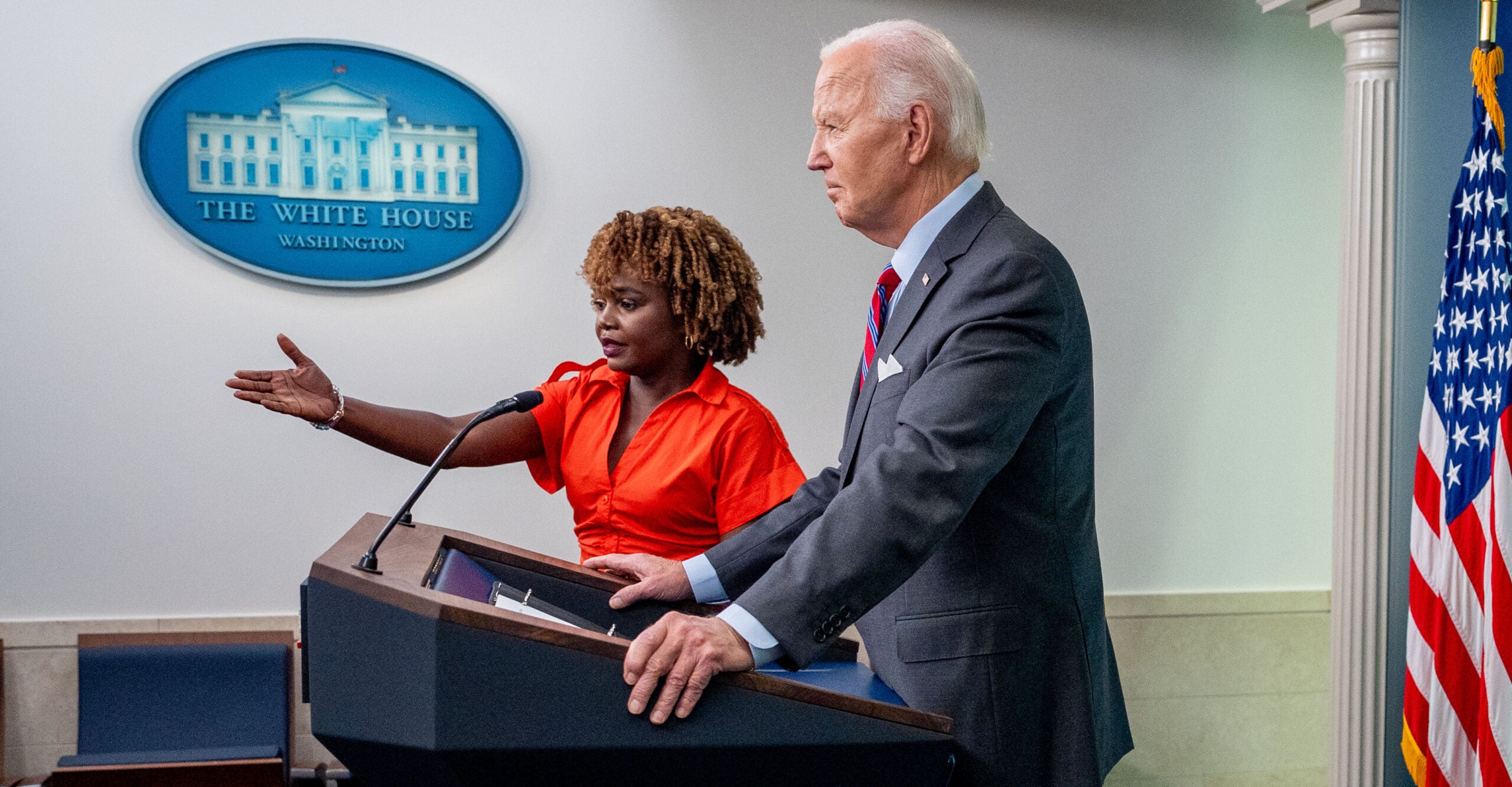Citizens warned about government’s new state-assisted suicide plan



Two weeks ago, the British House of Commons voted in favor of a bill that, according to the BBC, “would allow terminally ill adults expected to die within six months to seek help to end their own life.” The final vote was 330 to 275.
This news immediately turned my mind to the P.D. James novel The Children of Men, published in 1993. In this dystopian vision set in the year 2021, James (who, in addition to being a best-selling novelist, also served as a member of the House of Lords) imagines a future in which the human race has lost the ability to reproduce; the species lurches toward extinction. At the novel’s start, the youngest person on the planet (born in 1995) has just died, a stunning reminder of humanity’s impending disappearance. In the real world of 2024, as fertility rates are dropping around the world and reaching historic lows in both the United States and England, James’s foresight is chilling. But the novel is also remarkable—and eerily prescient—for its depiction of government-sponsored suicide.
James recognized that an aging society without children might not want to stave off its demise by keeping people alive for as long as possible. In a world without new life, old life has less value, too. Who could pay for the aging citizenry? A welfare state cannot survive without young people to pay and care for the aging.
In James’s dystopia, parliament cedes its power to a dictator who uses a program called the Quietus to organize mass suicide ceremonies for people over 60. An image on television depicts “white-clad elderly being wheeled or helped on to the low barge-like ship, the high, reedy singing voices, the boat slowly pulling away into the twilight, a seductively peaceful scene, cunningly shot and lit.” It’s a secular sacrament and rite of passage. When the novel’s central character—a middle-aged, childless divorcé named Theo—is approached by a small band of rebels to help their cause, he is wary but decides to watch one of these events before deciding. At an abandoned and isolated seaside town, he sees a group of women dressed in white and carrying flowers, a perverted image of a bridal procession, and recognizes that they have been drugged. They sing a hymn as they walk onto boats, where they have either weights or shackles attached to their ankles, to be taken to sea and drowned. A small group, consisting mostly of police officers, watches.
As if this imagery weren’t haunting enough, Theo sees how this supposedly voluntary program can be abused. One character, who has been manipulated by her husband into participating (the government offers generous payments to the families of the deceased), struggles to free herself. But the ocean knocks off her gown and exposes her body to the onlookers, a detail that shows this supposed act of preserving dignity is one of humiliation. An officer ensures her participation by knocking her out with a pistol. Theo, too, is assaulted when he tries to help her. The disturbing episode convinces him to help the rebels. And it conveys a point that remains relevant: state-sponsored suicide is less an act of dignity than a symptom of personal and cultural despair.
Tellingly, given the growing acceptance for government-assisted suicide, the 2006 film adaption of the novel omits this scene. But what James depicts is not a slippery slope fallacy; Canada, which legalized medically assisted suicide and euthanasia in 2016, is already sliding down the hill. In 2022—a year after the novel is set—a fashion retailer in Canada released a promotional video celebrating the death of a terminally ill 37-year-old woman. New York Times columnist Ross Douthat called it a “three-minute . . . moody, watery, mystical tribute” to the “holiness of euthanasia.” What the video omits is the woman had struggled for years to receive palliative care from the state-run health care system, but found quick help from the state’s Medical Assistance in Dying program, which has the gruesomely ironic acronym of MAID. According to the Canadian government, MAID—what verb is best here: served? Killed?—13,241 people in 2022, “accounting for 4.1% of all deaths in Canada.” That was an increase of 5,630 people from just two years before.
Earlier this month, Alexander Raikin reported in the New Atlantis that Canada’s authorities have done little to ensure compliance with regulations surrounding the MAID program; authorities are primarily interested in “protecting euthanasia providers from their abuse and error coming to light.” In one case, the mandated waiting time of 90 days was shortened by nearly three weeks out “based on the spouse’s preference of timing.” And according to the Associated Press, this past October a group of experts in Ontario found “several cases where patients asked to be killed in part for social reasons such as isolation and fears of homelessness.” These instances confirm James’s understanding that what presents itself as compassion can easily be manipulated for convenience and cost-efficiency.
The power of dystopian novels is not that they represent the literal truth, but that they expose the extreme—though not entirely outlandish—conclusions of prevailing or burgeoning norms. Their nightmare visions of our world are not far enough from falsehood for our comfort. Fortunately, England’s state-assisted suicide bill has hurdles to clear before it becomes law. Members of the Houses of Commons and Lords should consider what Baroness James wrote before marching their people closer to Quietus.
Mr. Scalia is a senior fellow at the American Enterprise Institute.
What's Your Reaction?
 Like
0
Like
0
 Dislike
0
Dislike
0
 Love
0
Love
0
 Funny
0
Funny
0
 Angry
0
Angry
0
 Sad
0
Sad
0
 Wow
0
Wow
0












































































